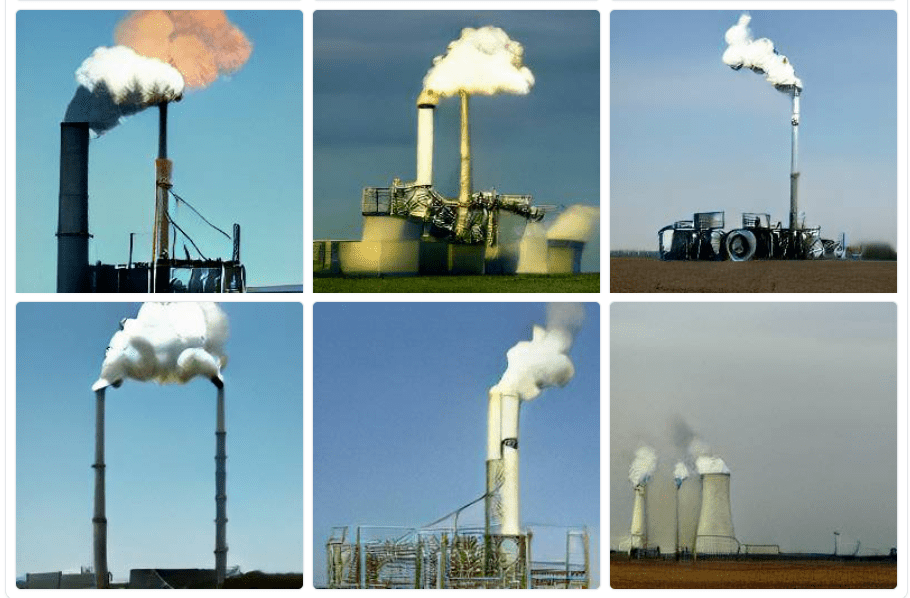AFTER more than six months in power, the Albanese Government’s proposed shake up of the carbon framework is coming to a head – with a draft plan of the “safeguard mechanism” released and plenty of debate ensuing.
The safeguard mechanism is the government’s main policy underpinning demand for Australian Carbon Credit Units. It sets an emissions baseline for Australia’s largest greenhouse gas emitters and makes them purchase offsets if they exceed it. Agricultural companies are not involved.
Under the government’s draft plan, the baselines will decline by 4.9 percent each year to 2030 – which will be one of the main policies used to reach its target of 43pc emissions reduction by 2030 from 2005.
The Government is also planning to set up a new form of carbon credits, called Safeguard Mechanism Credits. Companies who stay under their baseline will be awarded SMCs and will then be able to trade them or set them against their own business in years where they exceed it.
Companies covered by the safeguard mechanism will also be able purchase ACCUs to offset their emissions.
Forming the safeguard mechanism
The safeguard mechanism has been running since 2013 and was implemented as part of the Tony Abbott-led Government’s Emissions Reduction Fund. It gave the big emitters a baseline, but it was not declining.
Various forms of putting a price on carbon had been discussed for years, with Julia Gillard’s “carbon tax” being the most controversial – it made emitters pay $23 per tonne of carbon.
Many have argued that the safeguard mechanism is a carbon tax in disguise – including well-known markets reporter Alan Kohler. Mr Kohler penned a column in the New Daily this week titled “Australia’s new emissions trading scheme is a carbon tax. That’s fine”.
For the new safeguard mechanism, the government has proposed a $75 limit on offsets purchased by the companies to avoid excessive costs being passed onto consumers.
The situation the Government is trying to avoid happened in Europe earlier this year, with energy supply shortages forcing more coal fired power and its carbon credits, European Union Allowances, skyrocketed to €99.
Will ACCU prices rise?
While the price of offsets purchased by companies under the safeguard mechanism is likely to be limited to $75, ACCUs are currently worth about half at $38.50.
Aurecon sustainability and climate change principal Raphael Wood told a Carbon Market Institute webinar last month that there will likely be an increase in demand for credits. However, he said there was some misunderstandings about the Government’s proposal.
“The cost containment measures are often described as a ‘cap’, which implies that there will be an infinite supply at a certain price if it is needed,” Mr Wood said.
“This is more like a strategic reserve where the government needs to have the ACCUs to sell. Some government entity will need to acquire a book to provide the supply, if needed, at $75. It will rely on market signals and it may never reach $75.
“Some companies might want to take that risk back into their own hands and start acquiring that hedge themselves.”
The government already owns ACCUs, which its Clean Energy Regulator purchased. However, a key recommendation of the Chubb-review was to use another department to purchase ACCUs.
Mr Wood said most of his company’s projection pointed to a rise in demand and prices. But not as high as some have predicted.
“Our expectation is that demand will rise to 55 million tonnes of CO2 equivalent by 2030 and that will mostly come from safeguard mechanism compliance – where SMCs can’t fill demand,” he said.
“If governments or corporates start to build a hedge now, that will all bring demand forward. So we are quite bullish.
“But there is a large supply of ACCUs, there has been some comments about a shortage of supply – there isn’t. The Government’s latest report shows there are 22 million ACCUs sitting in the registry that have not been surrendered – 22 million is a lot.”
Where to now?
The draft legislation will be open for public feedback until February 24, before it will be tabled in parliament.
Other media have been reporting that the Coalition has plans to not support and Labor will need to cut a deal with the Greens, who still hold concerns about the integrity of credits.

